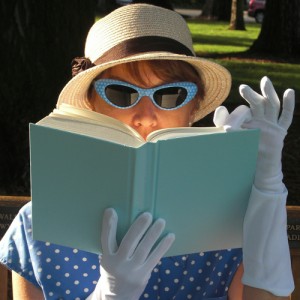You start off with a nice little sailboat.
You’re bobbing along, enjoying the cool breeze, watching the white gulls dive for fish. You’re kicking back and gazing up at a brilliant blue sky that seems endless.
Then life dumps a crate on board, and another, and another, and each crate seems heavier than the one before. Eventually you need a barge to haul them all. Before you know it, black clouds have thundered in, obliterating that infinite blue. You’re riding a roller coaster of gray-green water and you’re barely hanging on–unable to even navigate. You’re headed to the middle of nowhere on a freight that’s loaded down, sinking.
I have a friend who is stuck on just such a freighter.
I hesitated to write on this topic. There’s nothing amusing about breast cancer and skin cancer and having no health insurance. There’s nothing laughable about a lack of income, or pets that become chronically ill, or unrelenting anxiety, or landlords that boot you out when they sell their property. There’s nothing cheery about roommates that die, leaving you to find their body.
Life is weighing down my friend with one crate after another, and it felt too raw to write about.
Then I took a walk in the neighborhood. I noticed a crumpled dollar bill on the sidewalk and thought, it’s my lucky day! As I bent to pick it up, I had this flash:
The only way lighten the load is to fill those crates with all the good things in life.
It might take ten, twenty, a hundred good things to balance out one of the bad, but stockpile them anyway. It might take a freight-load of willpower and gumption and stamina to find something to uplift you, but look for it anyway. The Law of Attraction might be nothing more than a fantasy, but fantasize anyway. Seek out each moment that makes you feel happy anyway. Go out of your way to gravitate to the good, because the other stuff is easy to stumble over. And little by little you’ll turn that barge around. You’ll rise up, lighter in spirit, and raise a fist Scarlett-style, and vow: “As God is my witness, I refuse to be licked. I’m the captain of this ship now. And I’m turning this monster around.”
We can’t change what life hands us, but we can choose to view ourselves as lucky instead of cursed. We can’t stop the rain (and we need it to grow, anyway), but we can hold onto the knowledge that above the dark clouds the sky is always an everlasting blue.



